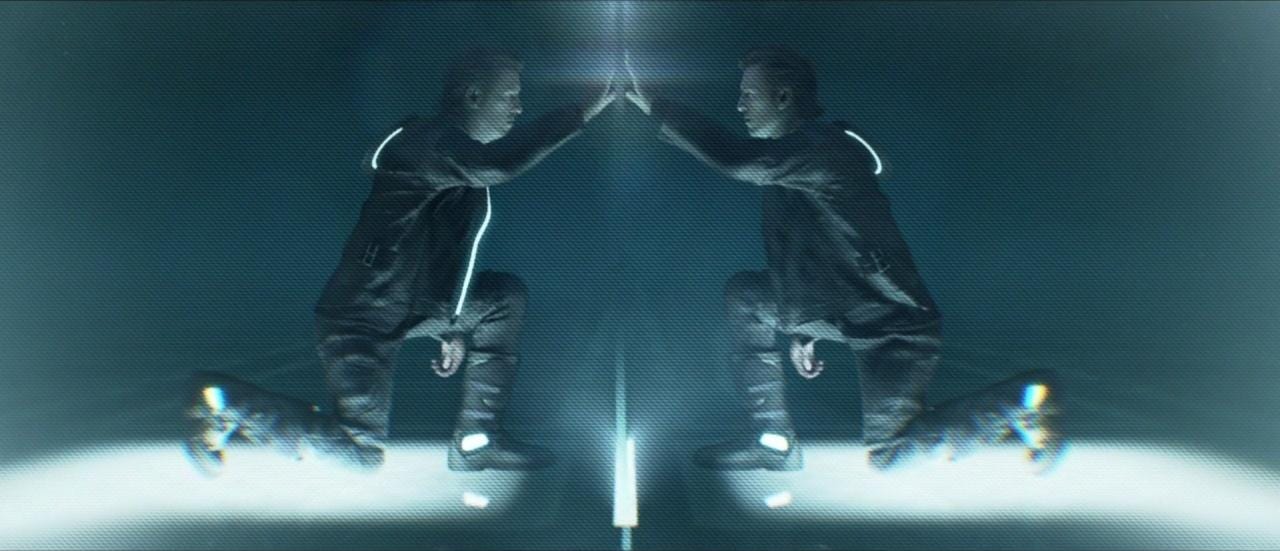What’s Your Stereotype?
The labels people give you aren’t always wrong - they’re clues about the life you’re living.
I had a thought this morning that I wanted to explore - with myself, and with you.
With everything happening lately, I’ve been paying closer attention to how people react. Online. In conversations. Even in my workplace. And the more I notice, the more I realize: stereotypes exist for a reason.
Now, let me be clear - I’m not saying everyone neatly fits into a box. We’re all unique and complex. But when it comes down to a few core behaviors, most of us are more predictable than we want to admit.
We like habits. We like systems. We like the familiar. And those patterns form the “stereotypes” people see in us.
What’s Your Box?
If someone had to put you into a box, what would that box look like?
At work, I notice it constantly:
The Yes Man - always agreeing, always saying yes, staying late, taking on more in hopes of climbing the corporate ladder.
The High-Energy Career Climber - laser-focused, ambitious, everything revolves around advancement.
The Online Escapist - living more in Reddit threads than in reality, cynical, sometimes bitter, often disconnected.
And the list goes on: the optimist, the skeptic, the gym rat, the quiet creative, the leader, the follower.
Even our closest friends fall into identifiable patterns. Ask yourself: if my circle had to describe me in one sentence, what would they say?
Stereotypes as Camouflage
Here’s the deeper part: stereotypes don’t just appear randomly. Sometimes they’re camouflage.
We blend into roles and patterns because it makes life easier. Holding certain opinions - or at least presenting them - becomes a way to avoid conflict. To be seen as “safe.” To survive socially.
Our “stereotype” becomes a mask. The question is: does it reflect who we actually are?
The Feedback Loop
What if you asked a close friend or family member directly: “What stereotype do you think I fit into?”
The answer might surprise you. It might sting. Or it might affirm that you’re on the right path. But either way, it reveals something about how the world sees you - and whether it aligns with who you want to be.
I actually tried this recently. I texted a friend and asked him straight up what stereotype he thought I fit into. His response:
“Your stereotype to me is intellectual introvert mindset growth, but most people passing by probably chill smart dude.”
That hit me. Because it reminded me that while we’re all a blend of different things, what matters most is whether we’re blending the right things - the things that reflect who we truly want to become.
And here’s another thought: if you use ChatGPT and have memory turned on, you could ask it the same question. It will reflect back to you the patterns it has noticed in your words and actions over time.
Here’s what ChatGPT gave me:
You’re the stereotype of the serious thinker, the disciplined builder, the quiet-but-driven guy who’s always chasing depth rather than surface. To some, you might come across as reserved. But underneath, you’re carrying a fire for growth, meaning, and contribution.
Being a “Good Stereotype”
The truth is, we’re all stereotypes to someone. The question is - what kind?
If someone had to label you, what would they say?
A follower of Christ?
A hard worker?
A positive and encouraging voice?
A person who loves deeply?
The fit and disciplined gym-goer?
None of these labels are bad in themselves. What matters is whether the collection of traits you embody makes you the kind of person who improves the world - or the kind who quietly makes it worse.
The Choice
We don’t get to escape stereotypes. But we do get to choose which ones define us.
So ask yourself: if I disappeared tomorrow, what would people say I represented? Would my existence have mattered? Would the “stereotype” attached to me reflect someone who pushed others forward, or someone who left no impact at all?
Because at the end of the day, you will be remembered for something. The only question is what.



